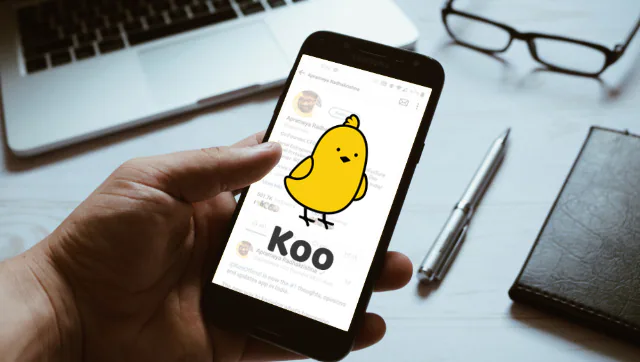Elon Musk, the CEO of Tesla, acquired Twitter for a staggering $44 billion in a deal that has sent Twitter on a wild ride. Questions have been raised concerning the company’s revised work ethics, business strategy, and future rules in light of the abruptly high turnover rate, a disregarded verification mechanism, and the readmission of divisive users like former President Donald Trump and Kanye West. The departing workers have cautioned that an infrastructure collapse is anticipated, resulting in frequent service failures, hiccups, and safety issues.

Koo, a microblogging network, has become very popular among Twitter users looking for alternatives, in addition to Mastodon and Tumblr. The platform, which was created in India, is popular not only there but also in Brazil, where it was just recently introduced.
Koo is a multilingual microblogging platform that was created by Aprameya Radhakrishna and Mayank Bidawatka in March 2020. It is currently operational in over 100 countries and is offered in 11 languages. It asserts to have received more than 50 million downloads and to have hosted more than 7,500 notable individuals worldwide. When Koo first debuted, it only supported Kannada. Later, Hindi, Telugu, Tamil, Bengali, Gujarati, Marathi, Assamese, and Punjabi were added.
Twitter’s interface is similar to Koo’s, which is yellow and white. Users can also use it to tag other users in mentions or replies and categorise their posts using hashtags. Koo launched a new function called “Talk to Type” in May 2021 that enables users to publish using the app’s voice assistant. Koo adds a yellow check mark to confirmed accounts.
Four new capabilities for the app were recently introduced by the company, allowing users more control over their posts. With this upgrade, users will have similar functionality as Twitter, including the ability to schedule Koos, save draughts, and store Koos. Users will soon be able to upload up to 10 profile photographs to Koo.
Koo, a competitor to Twitter that has been attempting to grow its user base globally, saw more than 1 million downloads in the first 48 hours of its November 18 launch in Brazil with the Portuguese language.
The company said it had managed to hold the top rank on both Android Play Store and Apple App Store for the past three days thanks to the “tremendous reaction” from Brazil consumers, who had downloaded the app more than 1 million times.
Popular Brazilian personalities like actor Babu Santana, singer Claudia Leitte, and author Rosana Hermann are currently featured on the network.
However, many think that users’ propensity to join in on a joke may be the cause of Koo’s high amount of registrations.
Koo even conducted a poll to see whether Brazilian users preferred keeping the app’s name the same, with more than 70% of respondents choosing to do so.
Koo has been compared to numerous right-wing social networks, including Weibo in China, which is closely associated with the Chinese government and its supporters, Parler in the US, which gained popularity among supporters of former US President Donald Trump, as well as conspiracy theory organisations like QAnon, despite being the most successful homegrown social network to date.











